From Lacetti to BYD: investigating cars that vanished across the border – Part 2
Abdulla Abdurasulov, a man who allegedly deceived close to 50 individuals within a span of a few months, transported various vehicles across the Uzbek-Kazakh border through a customs checkpoint, where the cars subsequently disappeared. Who is Abdulla Abdurasulov, and how did he manage to move these vehicles through customs? What is the State Customs Committee’s response to this situation? Will the stolen cars be returned? Kun.uz continues its investigation into the case.
The initial Kun.uz report detailing how nearly 50 cars were illicitly driven across the customs checkpoint into Kazakhstan by unauthorized individuals revealed a far-reaching issue. Following the publication, dozens of new victims came forward, reporting that their cars were similarly taken into Kazakhstan. Kun.uz has uncovered new details about this matter.
Who is Abdulla Abdurasulov?
Victims consistently report that they sold their vehicles to Abdulla Abdurasulov under installment payment agreements. Abdurasulov then allegedly transported these cars through the “Yallama” customs checkpoint into Kazakhstan. While he has maintained contact with some victims via Telegram, Abdurasulov has claimed that he planned to establish a taxi service in Kazakhstan but was deceived by his local partners. Victims, however, no longer trust his explanations, as the cars remain unaccounted for.
Abdulla Abdurasulov, born in 1989 in Tashkent and registered in the Qoraqamish neighborhood of the Olmazor district, has a significant criminal record.
In 2014, he was convicted of violating customs regulations, bribery, unauthorized travel abroad, and illegal dealing in non-ferrous metals. He was sentenced to 7 years in prison. However, under amnesty acts in December 2013 and November 2014, his sentence was reduced, and he was released in December 2015.
In April 2021, the Jizzakh City Criminal Court convicted Abdurasulov of violating Article 223 of Uzbekistan’s Criminal Code (unlawful travel abroad or unauthorized entry into Uzbekistan), sentencing him to 5 years of restricted freedom. On December 19, 2023, the Olmazor District Criminal Court conditionally released him early, with 2 years, 5 months, and 22 days of his sentence remaining.
Currently, Abdurasulov is wanted under Article 168, Section 4(a) of the Criminal Code (fraud involving large sums), as part of an ongoing criminal investigation.
Scam targeting car sellers in installment deals
Over several months, Abdurasulov is believed to have transported nearly 50 vehicles to Kazakhstan. Kun.uz possesses a video in which he admits to his actions. In the footage, Abdurasulov states that he intended to launch a taxi service in Kazakhstan but was swindled by two individuals named Inom and Malik.
The victims were primarily those who sold their vehicles to Abdurasulov under installment agreements. Between April and mid-August 2024, he purchased the vehicles and transported them across the border. Victims report receiving an initial payment ranging from $1,000 to $4,000, depending on the car model. However, suspicions have arisen that Abdurasulov sold the vehicles in Kazakhstan for full payment, leaving the original sellers without their remaining money or their cars.
The exact number of vehicles taken across the border by Abdurasulov is unknown, but victims believe the number could exceed 50.
“Pay the bribe, and you’re through”
Most of the victims granted Abdurasulov an online power of attorney through the Unified Interactive State Services Portal. However, this form of power of attorney does not authorize taking vehicles out of the country.
So how did Abdurasulov manage to move dozens of cars across the customs checkpoint? Kun.uz obtained audio recordings in which Abdurasulov explains his method:
“At customs, if you pay them, they’ll let you through without even checking your power of attorney. You pay the bribe, and that’s it—they open the gate for you.
If you don’t pay, they won’t let you through. This isn’t your aunt’s backyard. You pay, and that’s it—whether you’re stealing the car or not doesn’t matter. They process it, stamp the documents, and you’re free to go.”
These statements refer specifically to the “Yallama” customs checkpoint, as the majority of the vehicles were transported through this location.
“They told me I drove my own car across the border”
One victim reported selling their Cobalt to Abdurasulov under an installment agreement on April 20, 2024, only to later discover that the car had already crossed the border on April 8, 2024.
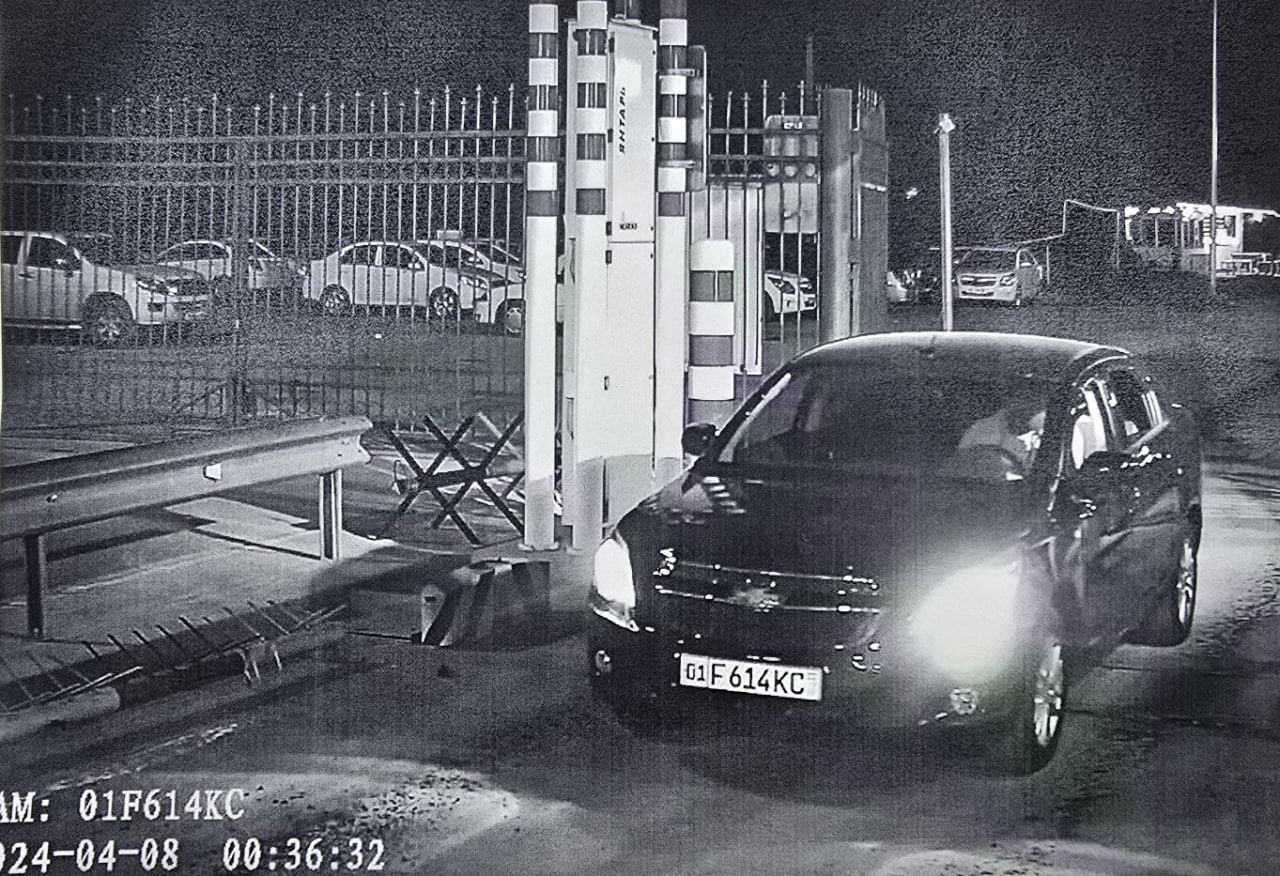
“A mutual acquaintance introduced me to Abdulla. He said he wanted to buy my car under an installment plan. We agreed, and on April 7, 2024, we met. That day, he wanted to take the car. He mentioned traveling to Kazakhstan often and asked for a notarized power of attorney. I refused and said I could provide an online power of attorney instead. He agreed.
That day, he didn’t have the initial payment, claiming someone else would bring the money. On April 20, 2024, he came back. We finalized our agreement—he gave me $600 and promised to pay the remaining $400 later. I took the risk and handed over the car.
Three or four months passed, and he didn’t pay me. Since he had mentioned traveling to Kazakhstan, I went to the border post. First, I asked about Abdulla, and they told me he had crossed into Kazakhstan and hadn’t returned. Then I asked if my car had crossed the border. They said, ‘You drove it across yourself.’
They showed me a video of Abdulla driving my car. When I asked when the car had crossed, they said April 8, 2024.
When I confronted Abdulla about why he took my car to Kazakhstan, he said it was for a taxi service and claimed he had been deceived by people named Inom and Malik. I managed to contact Inom, who said he had bought my car for $5,000.
Customs officers either know him or are bribed to let him through. Otherwise, it’s impossible.”
If the victim’s account is accurate, it raises a puzzling question: how could a Cobalt that was sold on April 20 have already crossed the border 12 days earlier, on April 8?
From Nexia to BYD: the scheme unfolds
Abdulla Abdurasulov has been involved in the illegal transportation of various vehicles to Kazakhstan, including models such as Cobalt, Lacetti, Nexia, Monza, BYD, and Jetour.
The victims of this scam share a common story: they made an initial payment for the vehicles and were provided with an online power of attorney. "We never imagined our cars could be taken to Kazakhstan so easily," they recount.
Kun.uz spoke to several car owners who were affected by this scheme.
"In June 2024, I posted an ad to sell my Cobalt on installment. One customer contacted me, and we met. I received $2,500 upfront and agreed on a payment plan for the remaining balance, which was to be paid over 36 months at $437 per month. On the same day, I provided the online power of attorney.
A month later, I called to remind him about the payment, but his number was disconnected. I messaged him on Telegram, and he claimed he had gone to Kazakhstan for work, but would return in 3-4 days to pay.
A week passed, then ten days, and his number was still off. Eventually, he admitted that I had been deceived and told me to be patient. I kept waiting. To be honest, I had been waiting for two months before I learned my car had already been sent to Kazakhstan," one of the victims shared.
Despite the variety in vehicle models, all the victims’ stories follow the same pattern: they sold their cars to Abdulla Abdurasulov under the pretext of installment payments and were ultimately scammed.
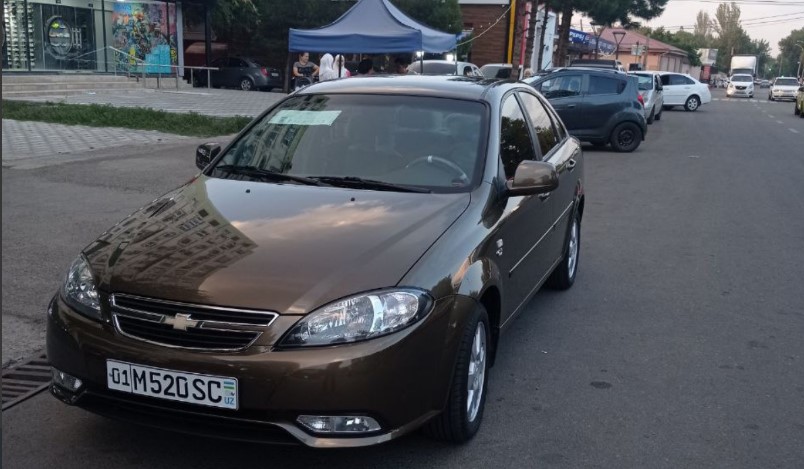
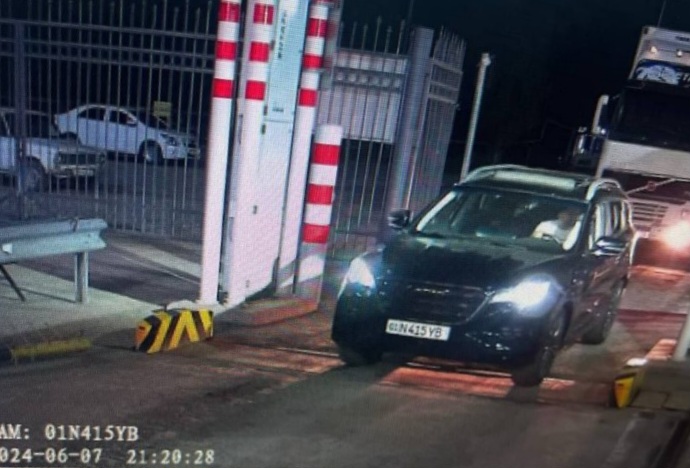
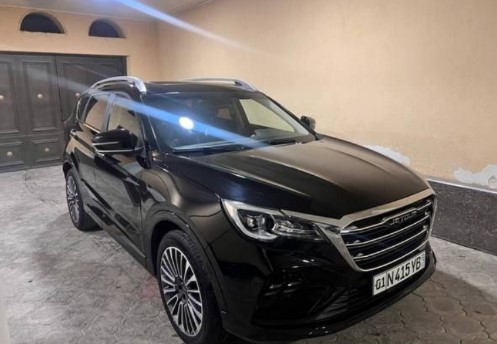
Abdurasulov may have purchased cars not only in Tashkent but also in the regions. For example, the BYD vehicle he transported was registered in the Kashkadarya region.
Customs Committee: "We were unaware of this issue for 33 years"
Kun.uz conducted an interview with representatives from the Customs Committee regarding this issue. According to them, actions have already been taken to address the problem, with inter-agency cooperation and system digitalization being identified as key solutions.
“The power of attorney for vehicle operation, which is presented by the driver to the customs authorities, is not currently included in the list of required documents. However, under Article 190 of the Customs Code, customs officers have the right to request additional documents for verification. This is a right, not an obligation,” explained Erkin Solihov, the head of the Customs Control Department.
Husan Tangriyev, the spokesperson for the Customs Committee, added that such a problem had not been observed within the customs system for the past 33 years. He emphasized that with improved inter-agency collaboration and system digitalization, the issue will be resolved.
Representatives from the Customs Committee also indicated that measures have been taken to prevent similar situations in the future. Instructions and recommendations have been sent to all border customs posts to ensure that vehicles are processed only after verifying whether the drivers have the legal right to operate them.
Will the vehicles be returned?
The burning question on the minds of the victims is whether the vehicles will be returned.
According to Kun.uz, Abdulla Abdurasulov and his associate Baurjan Khakimbayev had previously been arrested. Khakimbayev had also acquired several cars from individuals under the pretense of installment payments and sent them to Kazakhstan.
Baurjan Khakimbayev was placed under arrest, but Abdulla Abdurasulov was released, despite having his foreign travel passport confiscated. Later, a criminal case was filed against him, and he was placed on the wanted list. His current whereabouts remain unknown.
The return of the vehicles now depends on cooperation between the law enforcement agencies of both countries. The success of this process will become clear with time.
So far, no other authorities, aside from the Customs Committee, have paid significant attention to the matter—or at least, this has not been made public.
In reality, this issue is not solely the responsibility of the Customs Committee. Investigations are ongoing in Chirchiq city and several districts of Tashkent, where cases linked to Abdulla Abdurasulov are under investigation. Kun.uz reached out to Shohrukh G'iyosov, the spokesperson for the Ministry of Internal Affairs, to clarify details about these investigations. However, the Ministry’s spokesperson confirmed that the situation requires further investigation, and the editorial office would need to submit an official request for more details.
The problem is not limited to just a few individuals. Kun.uz is currently conducting a large-scale investigation into nearly 200 individuals who have experienced similar issues with their vehicles being taken to Kazakhstan.
Related News
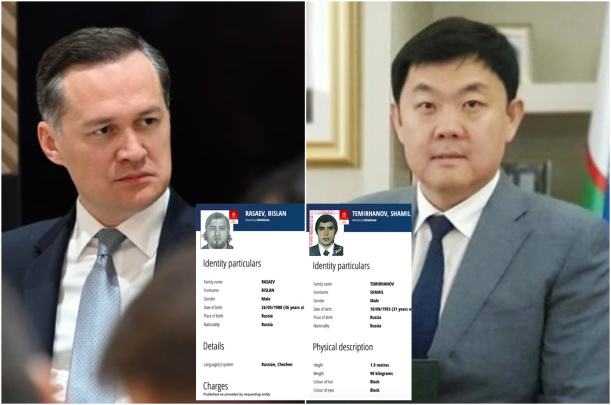
18:36 / 20.12.2024
Uzbekistan places two Russian citizens on Interpol’s wanted list over assassination plots against Komil Allamjonov and Dmitry Li
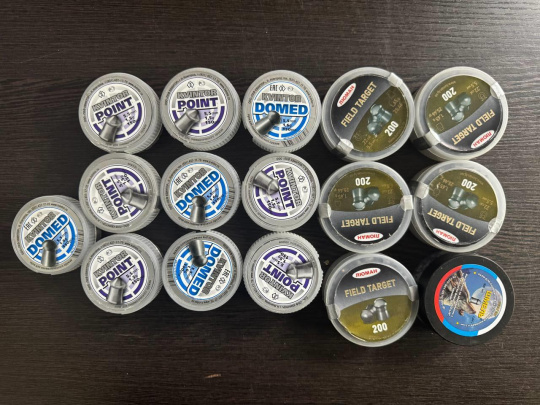
12:22 / 19.12.2024
Smuggling attempt of 2,800 pneumatic weapon pellets by car foiled at border
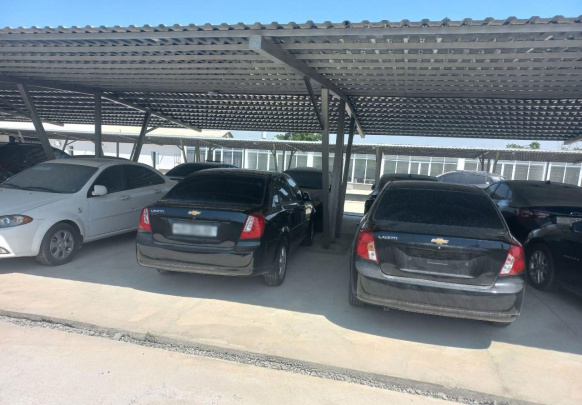
19:15 / 17.12.2024
Major criminal group in Andijan on trial for renting and dismantling citizens' cars

17:04 / 17.12.2024



